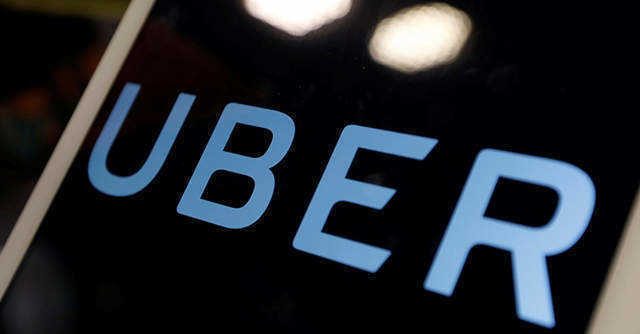
Second wave of Covid, lockdowns adversely impact Uber India biz


Ride hailing company Uber Technologies on Wednesday said that the elevated case tally of coronavirus infections and renewed lockdowns in India has adversely impacted mobility trends in the subcontinent.
CEO Dara Khosrowshahi made the remark to analysts during the San Francisco, California based company’s first quarter results analyst call.
The downtrend in business for the Ola rival in India was in stark contrast with improved business ride bookings in markets such as the United States, Australia, New Zealand, Taiwan, Hong Kong, and Britain, the top boss said.

The total tally of coronavirus infections in India rose to about 21.1 million, as per government data as of Thursday 8 AM. The number is inclusive of about 3.6 million active cases, about 17.3 million recovered cases, and 2,30,168 deaths.
With overall mobility gross bookings at a $31 billion annualized run rate, up about 280% from April 2020 and 68% recovered from April 2019, the company said it expects recovery to continue to be driven by improving vaccination rates in the United States, and several international markets.
The manifestation of such an expectation would more than offset headwinds in markets such as India and Brazil, CFO Nelson Chai told analysts.

Read: Mobility sector has recovered 69% since pandemic lockdown: RedSeer
In the reported first quarter (Q1) ended March 2021, Uber dramatically shrunk its net loss to $108 million, from $2,936 million a year ago. Excluding items, it reported a loss of $359 million.
Q1 revenue was up 11% to $2.9 billion.

While the latest net loss figure included a stock-based compensation expense worth $281 million, and a $600 million UK accrual, it also benefited from a $1.6 billion gain from the divestiture of Uber’s self-driving unit ATG to Aurora, and a $154 million gain on the sale of Uber Eats India operations to Zomato.
“With demand continuing to outpace supply, we will be investing to revive the driver base during Q2. Consequently, we expect Mobility take rates to decline sequentially to roughly 20%, which will also pressure mobility adjusted EBITDA in Q2,” Chai added.
The company was charged with the accrual to provide over 70,00 UK drivers with benefits, after a landmark court ruling to have Uber treat drivers as employees eligible for benefits for the first time in a country.

